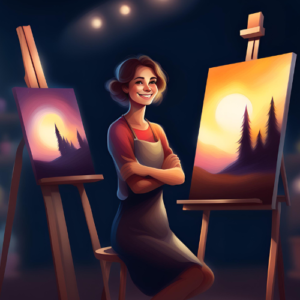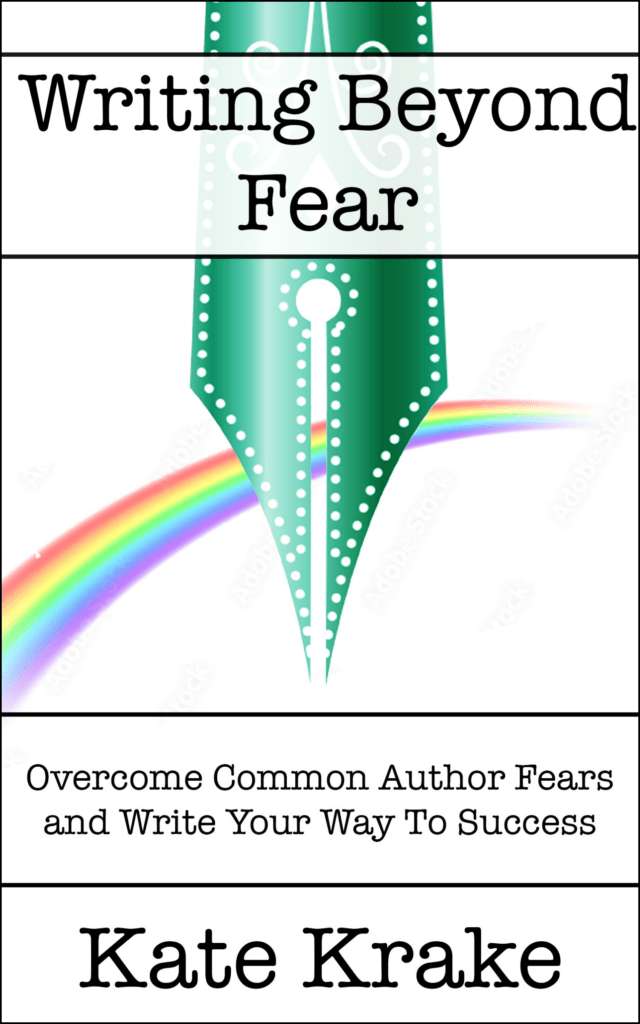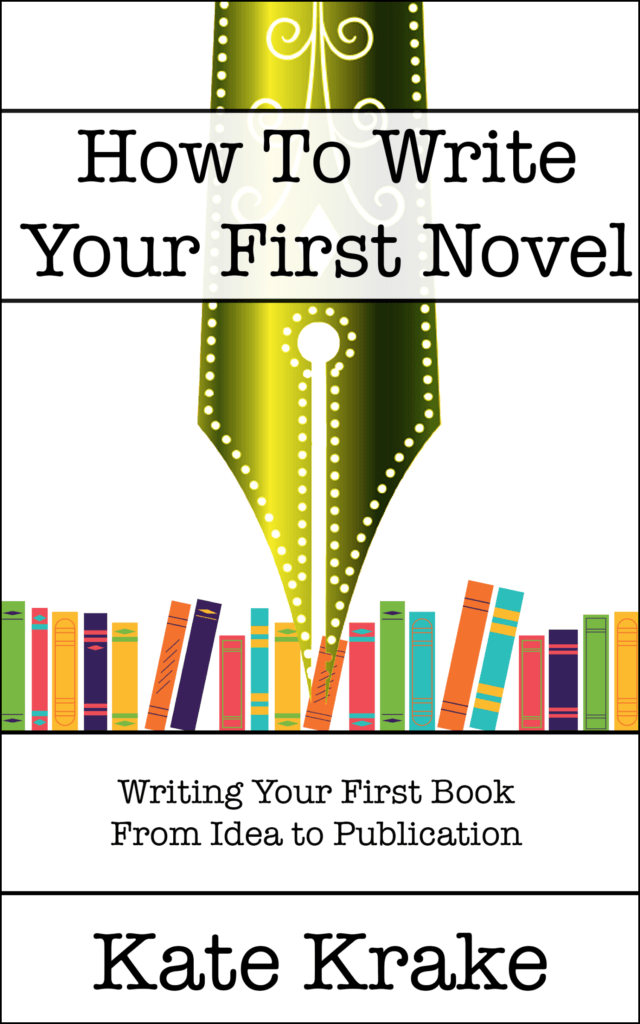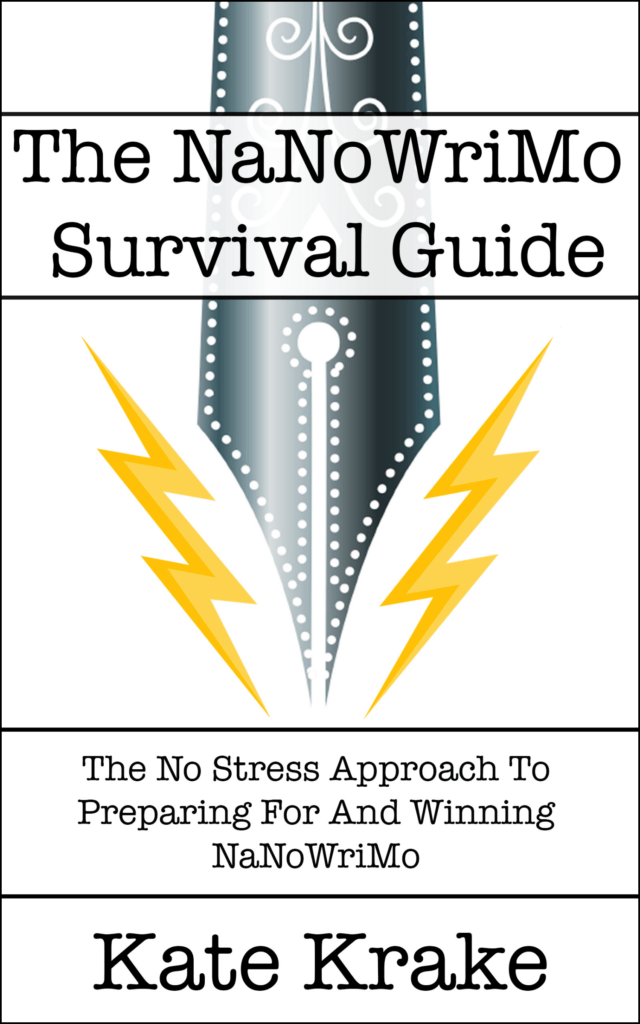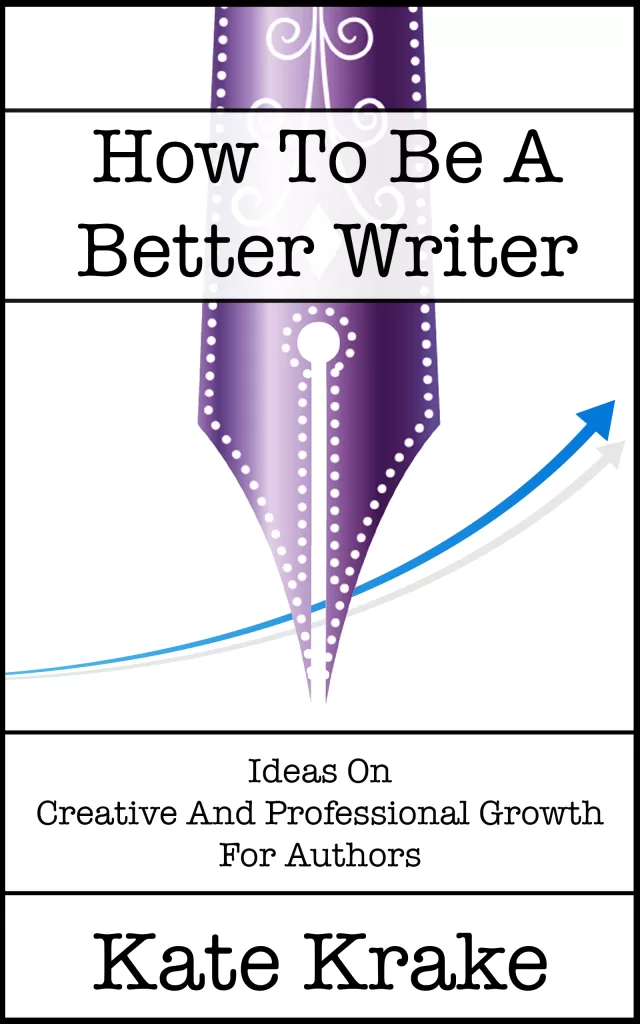Writers all too often find ourselves at the intersection of creativity and scrutiny, a judgement that can come from ourselves as much as any external source. Maybe it’s a quirky plot in question, or an unconventional character arc, a daring narrative style, or a story that doesn’t really fit into any genre. Our creativity has had a great time putting these choices into action, but now they face criticism or questioning. Was it the right choice? Was there a better choice? What’s was the intent? Will anyone else like it? Will anyone else get it?
But here’s a liberating truth: you don’t have to justify your creative choices to anyone, not even yourself.
Embrace Your Creative Autonomy
Creative autonomy is vital in any area of creative living. This is the freedom to explore ideas, passions, practices without the constraints of external validation. We define our essence through our actions. When applied to writing, it means that our themes, stories, characters, topics are extensions of our unique perspectives and imagination. They are parts of us. We don’t have to justify who we are or what we like, so why would we justify what we create?
Acknowledge The Subjectivity of Art
All art is subjective. What resonates with one reader will fall flat with another. What other people think about your work is all about them, not you. Once we change our work to what we think might resonate with a reader, our creative autonomy is immediately compromised.
Not All Criticism Is A Bad Thing
Holding firm to our creative choices without justifying them is not saying that we need not listen to criticism. Sure, some criticism is harsh and hateful and you’d do best to ignore it. But sometimes, a thoughtful critique offers an insight into your work that you might not have seen. This type of critique is never a judgement of your creative worth, but rather invaluable constructive feedback that can refine your craft.
It’s difficult in the beginning to differentiate between feedback that helps you grow and criticism that seeks to conform your unique voice to someone else’s expectations. The key lies in trusting your intuition and holding true to the essence of your creative autonomy. If the critique is in line with both things, then it’s generally a safe bet it’s coming from the right place.
Trust Creative Intuition
The creative process is intuitive. Trusting your intuition means acknowledging that your creative mind has insights and wisdom that may not be immediately apparent, even to you. Justifying our creative choices to ourselves or others is a message to our intuition that it might not be trusted, that we might not be trusted.
Have Courage to Be Unapologetically Creative
Choosing not to justify your creative decisions, to live and create in alignment with your true self rather than what others perceive is the “right way” requires courage. It means standing by your work, even if it’s misunderstood or unpopular. How many authors before you faced significant criticism for their departure from convention, yet their unwavering commitment to their creative visions cemented their place in literary history? Can you imagine James Joyce trying to write Ulysses in today’s publishing culture? “Sorry, James. It’s just not going to fit anywhere in the market. It’s not what readers want.”
The essence of a wholly successful creative life comes down to one thing: write what you want the way you want to write it.
Accept any reactions from others, or even from yourself, and resist the urge to justify your choices. Let your work speak for itself, and let your readers find their own meanings and values within it while you carry on creating your one-of-a-kind art and your one-of-a-kind life.

